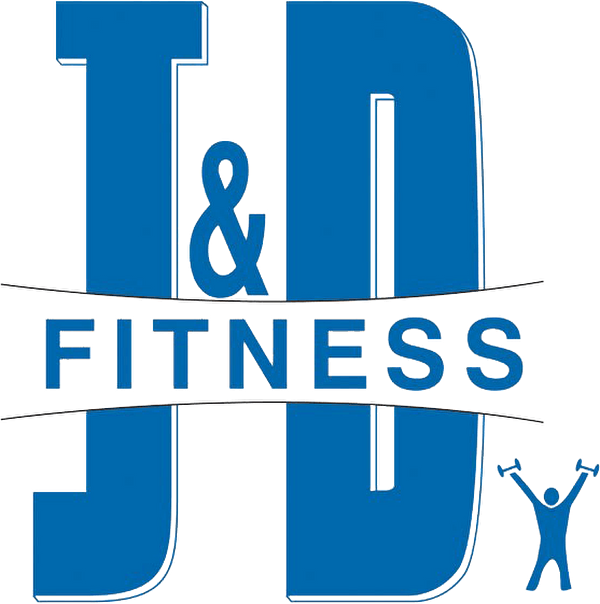I want to wish you all a happy holiday season. It’s been a year of turmoil and we’re not done yet, but looking into the future, we will get out of this. This will be my final post for 2020, so I felt it was appropriate to end on a common theme for this time of year: goals.
In a normal world, Christmas week is a time of celebration, which tends to include a few extra cocktails and cookies. This gets excused because we tend to look at the upcoming week, New Year’s Day, as the official re-boot on our hard drive. Looking past the keto-friendly cookies and glasses of cabernet sauvignon, what are your goals for 2021? Have you given it any thought? I understand if trying to contemplate this is tough at the moment, but the pandemic will end. A good step in building goals, (and note that I used building, because that’s what you’re doing, you’re building things) is to determine what are the simple new habits you need to implement. Two books I like to reread this time of year are Switch- How to Change Things When Change Is Hard, by Chip and Dan Heath, and Atomic Habits, by James Clear. I recommend them both.
.jpg)
.jpg)
The key to building things to stick is to keep the steps simple. In my world, many people are contemplating their workout regime. Here’s tip #1-
Less intensity partnered with consistency is far better than intensity paired with inconsistency.
We’ve all heard the story of the tortoise and the hare. That’s the first trap many people fall into. You’ll make better gains training 3 days a week for 45 minutes, than attempting to train 4 days a week for an hour. The key is that on the 3 days a week schedule you must commit to never miss a session. If you do miss a workout, you must make it up before week’s end. A possible goal could be to make the 4 days a week a reward after achieving the initial goal of 3 days a week for 6 months. When attempting to initiate a new habit, you should approach it that less is better. When it comes to exercise, you’re trying to create an adaptive response. The analogy I like to reference is rubbing the palm of your hand with sandpaper. If you scoff your hand for a minute with the sandpaper, it will become callous. If you rub it for 5 minutes, you will bleed.
The next step is to then have strategies to address your behavior for when you are tempted to fall off track. This is a good tip for anything that requires discipline. This is why having a sponsor, someone to call when tempted to drink, is crucial in Alcoholics Anonymous. If it’s eating poorly at night, keep the foods that tempt you out of the house. Having a reward is good when earned, but having them readily available can lead to problems. If it’s missing workouts in the morning because you can’t get out of bed, go to sleep an hour earlier. I can remember a friend sharing with me years ago, how he struggled to spend time with his son. He had his own business. When he came home in the evenings, he was exhausted. Instead of spending time with his family, he just watched TV to decompress and went to bed. He was able to change this pattern by vowing to read to his son for 15 minutes every night, no matter what. He determined that he could always handle the 15 minutes. Many nights the 15 minutes turned into 30 minutes. Once this pattern was established, he started looking forward to his evening reads with his son. Years later, he told me that his son still remembers those nights.
The common question is how long does it take to establish a new habit? I’ve heard 6 weeks up to 1 year. I believe the brain overcomes a big hurdle at the three-week mark. That’s why my trial membership at the studio is 21 days. Who can decide if they’ll stick to working out after a single session? After 3 weeks, you’re in a better position to make that decision, plus you have experienced some short-term success. Regarding when that habit starts to stick, I think it’s in the time frame that if you missed performing the task, you have a hard time sleeping that night.
In the last year it’s been challenging to create goals with many unknowns looming. My suggestion is to create goals that you can start once you reach certain breaking points. I typically have a Body-fat Challenge that I start the 3rd week in the new year. I’ve decided to hold off until the numbers of infected start to drop in Nevada. That means the New Year, New You Challenge may get started in mid-February. That’s okay. Along with trying to minimize the spread of the virus, I want to create an environment where my members make gains that will stick.
Have a happy holiday, please be safe, and here’s to a better year in 2021. I’ll see you at the studio.
